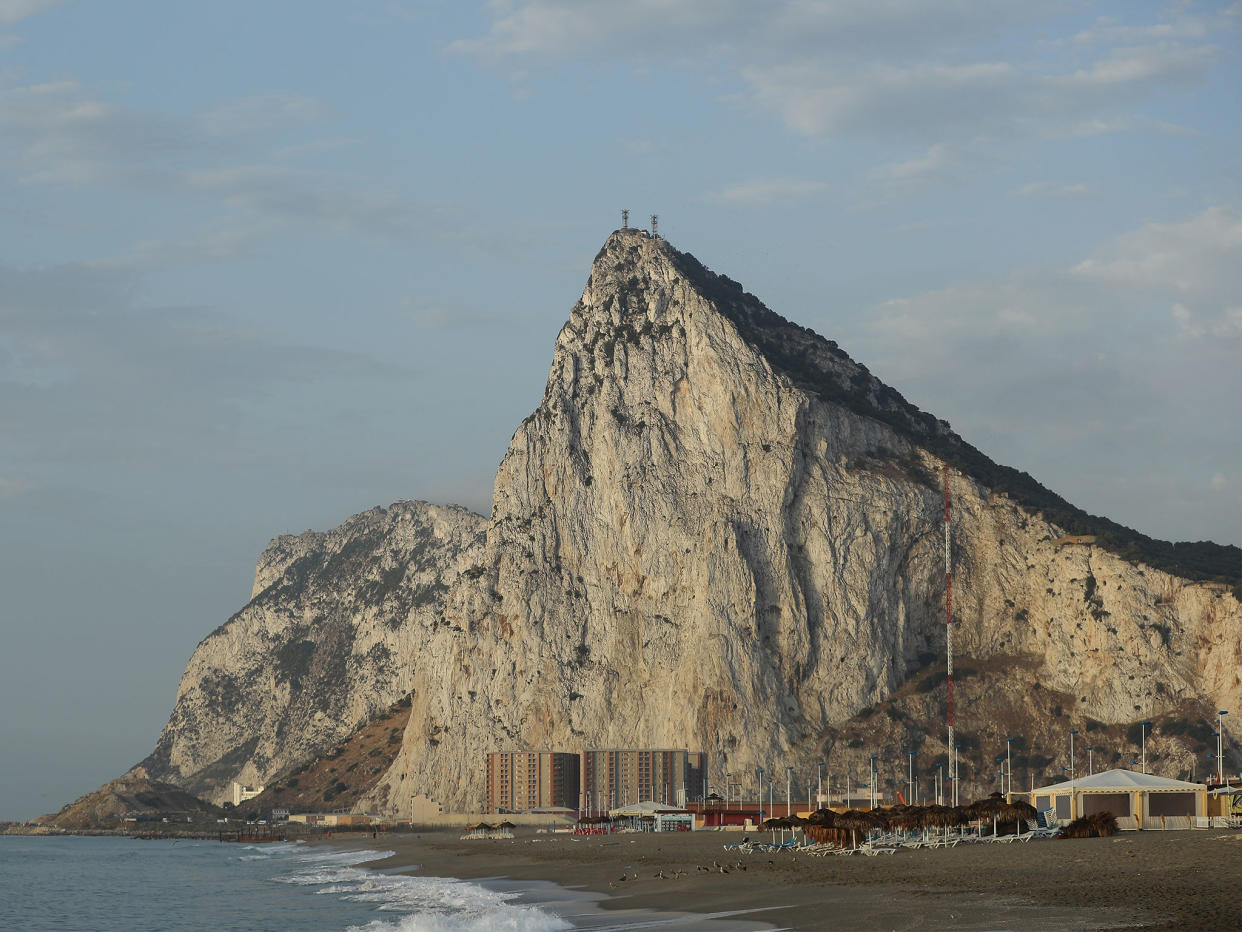The triggering of Article 50 has left Gibraltar's future at a crossroads

While a small matter when placed against Scottish independence or a united Ireland, the future of Gibraltar is much more intractable, or at least will soon become so if the implicit threat of a Spanish veto on its future becomes real.
For Spain could easily make life for the Gibraltarians next to impossible. Closing the frontier, refusing access to aircraft travelling to Gibraltar, punishing Gibraltar’s liberal tax and financial regulation regime, and any number of other measures could be taken if the UK refuses to compromise on sovereignty.
The Spanish have blockaded the territory many times in the past, but that was mostly brought to an end when the Spanish had to accept special status for Gibraltar when they negotiated to join the European Union in the 1980s and the UK and its colonies were firmly “in”.
This time round it will be Spain that has the rest of Europe on its side. Given that the Gibraltarians also voted so overwhelmingly to Remain there are many painful ironies in their current predicament.
As Boris Johnson declared, Britain should defend the rights of the people of Gibraltar, but will it make sense if the economic cost is absurdly high? Might there even come a moment when Gibraltar has to choose between British rule in penury, or prosperity inside the European Union as a special province of the Kingdom of Spain, with rights and liberties guaranteed by the EU itself? Unthinkable until now, it is but one of many unpalatable and unintended consequences of the Leave vote last year. It is a further reason why the British people and those of Gibraltar will have to have a second referendum on the terms of Brexit.
It may be that there is some clever, rational compromise that is acceptable to Britain, Gibraltar and Spain, but in such an emotional case it is more likely to be knocked out of the way by patriotic pride and nationalism.
At any rate, none of this was on the ballot paper in Gibraltar last summer. Sooner or later it will have to be, and the awkward question of how far the UK is prepared to go to look after its tiny overseas territory will have to faced up to at this end of Europe, too.

 Yahoo News
Yahoo News 
